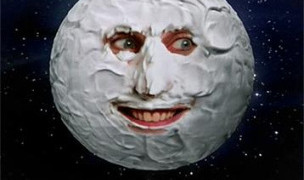 13 Terms
13 TermsHome > Industry/Domain > Biology; Medical > Human genome
Human genome
The human genome consists of 23 chromosome and the small mitochondrial DNA. 22 of the 23 chromosomes are autosomal chromosome pairs and the last one being a gender-determining pair. In total, the human genome contains the sequences of the 3 billion chemical base pairs that make up human DNA and approximately 20,000-25,000 genes. By understanding human genome, scientists are able to develop new medical applications that can significantly advance the state of health care.
Contributors in Human genome
Human genome
Cytogenetics
Medical; Human genome
The study of the structure, function, and abnormalities of human chromosomes.
Cytochromes
Medical; Human genome
Hemeproteins whose characteristic mode of action involves transfer of reducing equivalents which are associated with a reversible change in oxidation state of the prosthetic group. Formally, this ...
Cytosine, phosphate diester, guanine (CPG) islands
Medical; Human genome
Areas of increased density of the dinucleotide sequence cytosine--phosphate diester--guanine. They form stretches of DNA several hundred to several thousand base pairs long. In humans there are ...
Direct DNA analysis
Medical; Human genome
The use of mutation analysis, mutation scanning, sequence analysis, or other means of molecular genetic testing to detect a genetic alteration associated with a specific disorder; direct DNA analysis ...
Deletion map
Medical; Human genome
1) A description of a specific chromosome that uses defined mutations --specific deleted areas in the genome-- as 'biochemical signposts,' or markers for specific areas. 2) The use of overlapping ...
Depth perception
Medical; Human genome
1) Perception of three-dimensionality. 2) Proper visual recognition of depth or the relative distances to different objects in space. 3) The ability to judge the distance of objects and the ...
Cytology
Medical; Human genome
1) A branch of biology dealing with the structure, function, multiplication, pathology, and life history of cells. 2) The cytological aspects of a process or structure.


